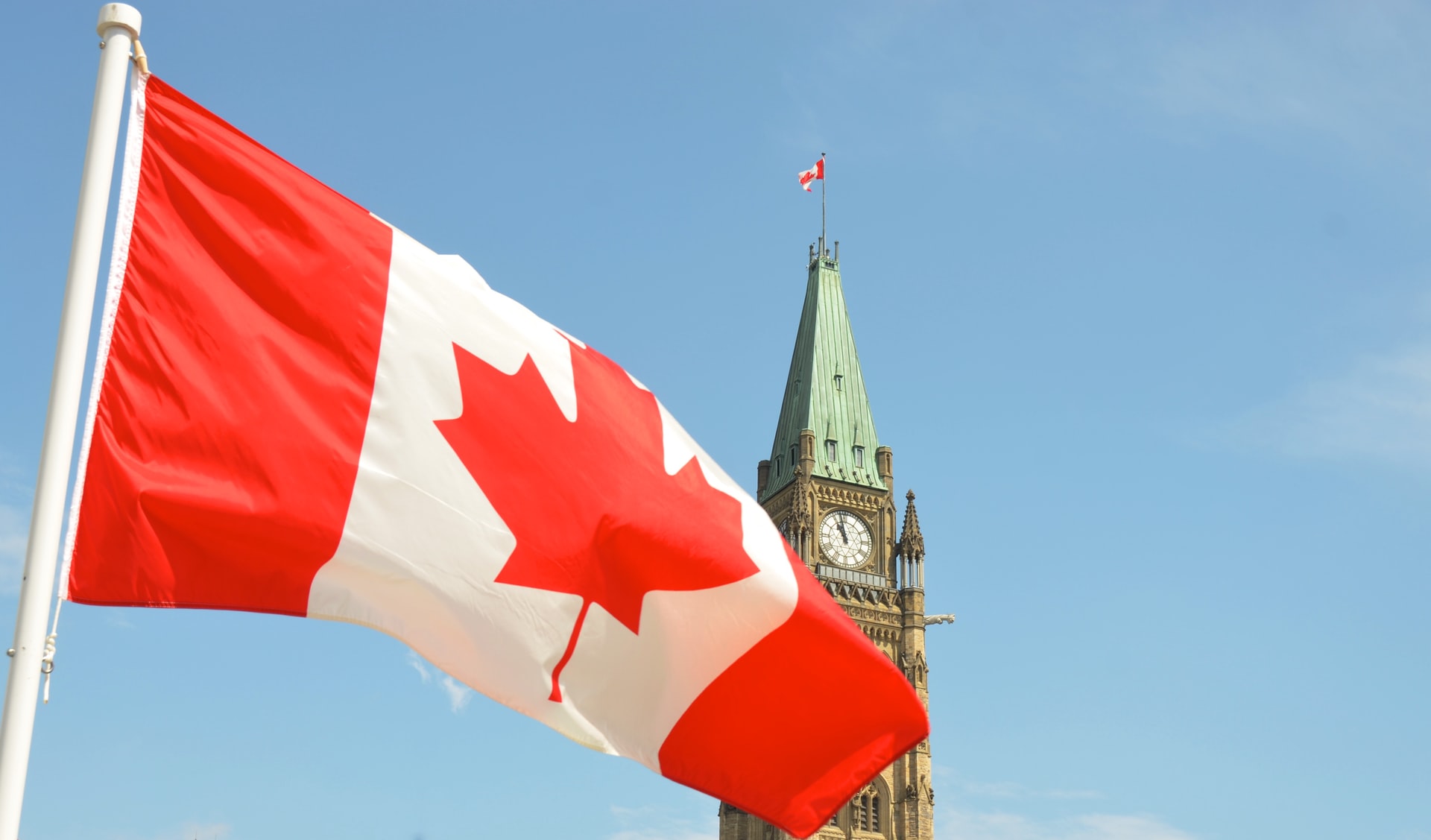Navigating the Canada Emergency Wage Subsidy
May 1, 2020
written on behalf of Feigenbaum Law
The implementation of the Canada Emergency Wage Subsidy (CEWS) is meant to provide economic relief for the private sector by offering wage subsidies for employers as an incentive to keep people on the payroll or return those who have been laid off back to work. The legislation is available to many private-sector employers who have suffered a significant loss in revenue due to COVID-19 but are continuing to pay employees. Like many pieces of extensive legislation, the details of CEWS can be tough to navigate. The government has published a list of frequently asked questions, and we want to take a moment to provide a summary to our readers as well.
What is the CEWS?
The CEWS provides a subsidy of 75% of eligible remuneration paid by an employer to an employee for a period of twelve weeks, divided into three sections:
- March 15 – April 11
- April 12 – May 9
- May 10 – June 6
For each period, an employer will be entitled to receive up to a maximum of $847 per week, per qualifying employee (see more details on qualifying employees below). Employer eligibility must be demonstrated for each of the three periods set out above. In order to qualify for the benefit, employers must have experienced a drop of at least 15% of their qualifying revenue in March 2020 as well as a 30% drop in April and May. This drop must be demonstrated in comparison for either the same period in 2019 or the first to months of 2020.
Which employers are eligible?
The government has stated that qualified employers include the following:
- a corporation (other than a public institution) that is not exempt from tax under Part I of the Income Tax Act (the Act)
- an individual (including a trust);
- a registered charity (other than a public institution);
- a person that is exempt from tax under Part I of the Act (other than a public institution), that is:
- an agricultural organization;
- a board of trade or a chamber of commerce;
- a non-profit corporation for scientific research and experimental development;
- a labour organization or society;
- a benevolent or fraternal benefit society or order; and
- a non-profit organization;
- a partnership, each member of which is a person or partnership described in this list.
What about businesses that weren’t active in 2019?
Not all businesses that have experienced a drop in revenue existed at this time last year, or perhaps were not carrying on ordinary activities. Some businesses may have experienced a dramatic increase in revenue later in 2019, and so calculations from the spring of 2019 do not adequately represent the loss in revenue experienced in the second quarter of 2020. In these situations, the reduction in revenue can be established by comparing the qualifying revenue for the calendar month in which the claim period began and the average qualifying revenues earned in both January and February 2020. It is important to note that once a basis for comparison has been established, employers must use the same methodology for each of the three periods.
Which employees are eligible?
The subsidy is available to pay employees who have gone without pay from the employer for a period of 14 or more consecutive days in the claim period. There is a rolling eligibility period to establish this, meaning that someone who did not qualify during one period may qualify in the next. It is also possible for an eligible employer to hire back eligible employees and pay them retroactively in a claim period in order to meet eligibility.
There are many more details available from the government, and we encourage our readers to consult with the more extensive information available. We are available to consult with employers with respect to program eligibility and further benefits offered to employers due to COVID-19, such as tax relief programs.
At Feigenbaum Law we offer personal, confidential service to individuals and corporations with all manner of tax and legal issues in Canada and cross-border with the United States. We regularly assist Canadian businesses with complex tax returns and consult on tax planning strategies. We have a wealth of experience navigating the complexities of the U.S. and Canadian tax systems. Please call us at 1-877-275-4792 or reach us online to see how we can help you today.





